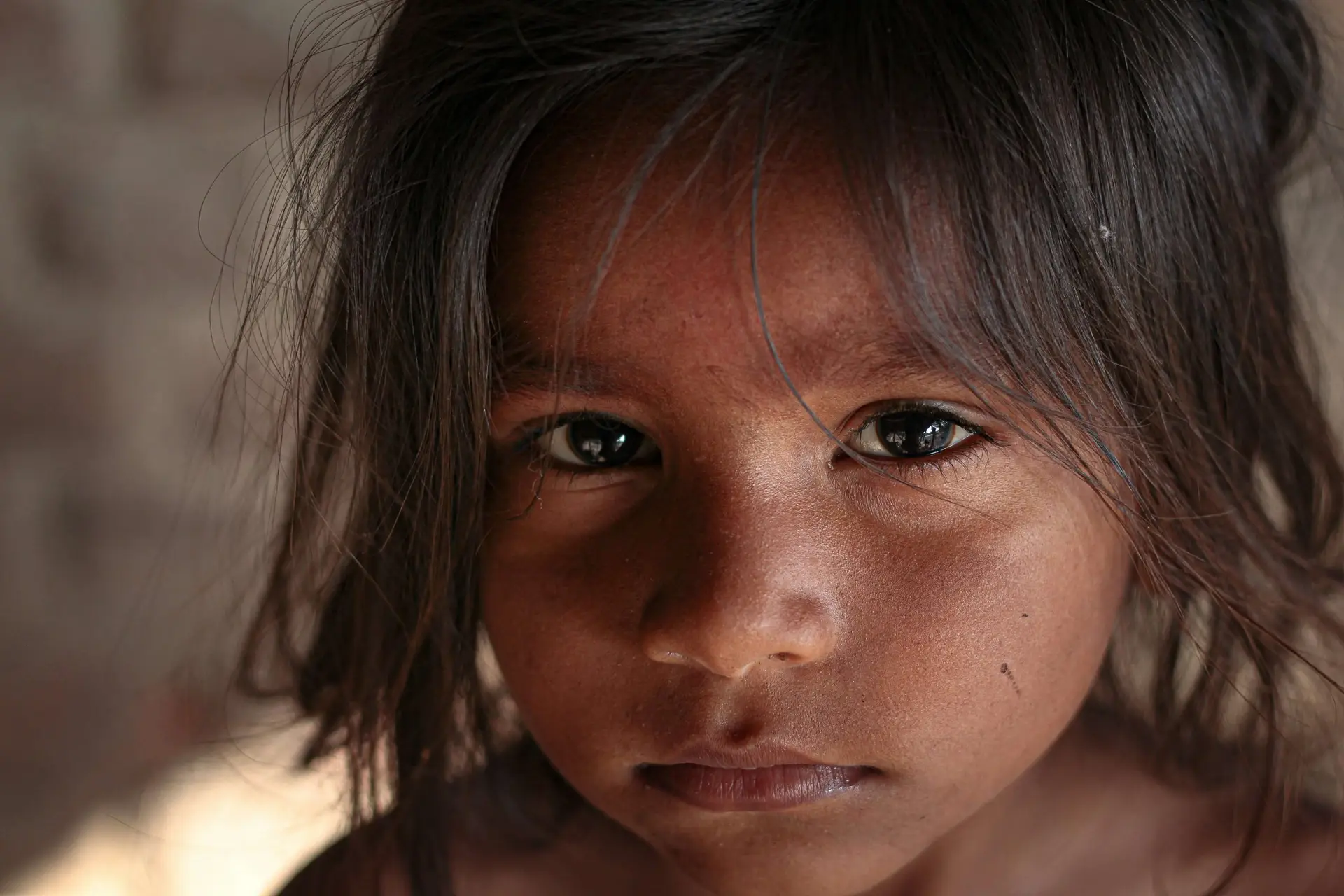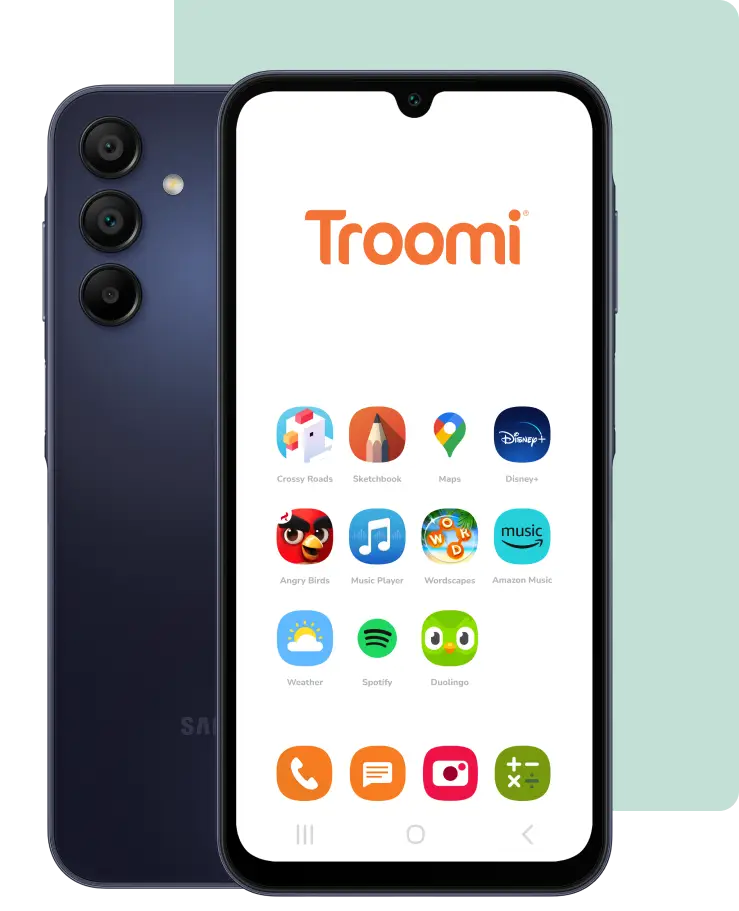Human trafficking, a modern form of slavery, is a grave violation of everyone’s rights that affects millions worldwide. It is a complex, global issue that requires urgent attention, awareness, and action from all sectors of society. In this post, we delve into the dark world of human trafficking, the role of technology in combating it, and the importance of policy and legal frameworks in supporting survivors.
Understanding the Different Forms of Human Trafficking
It takes many forms, each with its own devastating impact on victims:
- Sex Trafficking: First, This involves the use of force, fraud, or coercion to make an adult engage in commercial sex acts. It is also the exploitation of minors in the commercial sex industry.
- Labor Trafficking: Second, This form of trafficking involves the use of force, fraud, or coercion to compel individuals to work. They work in factories, farms, domestic service, or other labor-intensive sectors.
- Child Soldiering: Third, This heinous practice involves the recruitment and use of children in armed conflicts, forcing them to serve. They serve as combatants, cooks, porters, messengers, or for sexual purposes.
According to the International Labour Organization, there are an estimated 25 million victims of human trafficking worldwide. 4.8 million of those are forced into sexual exploitation. The global annual profit generated from forced labor, including human trafficking, is estimated to be $150 billion.
The Role of Technology in Combating Human Trafficking
Technology has emerged as a powerful tool in the fight against human trafficking. From data analysis and artificial intelligence to blockchain and social media, various technologies are being leveraged to identify patterns, track perpetrators, and support survivors. As John Richmond, Ambassador-at-Large to Monitor and Combat Trafficking in Persons at the United States Department of State, states, “Technology has been an incredible force multiplier in the fight against human trafficking. It’s a game changer.”
Initiatives and Organizations Leading the Fight
Numerous organizations and initiatives are working tirelessly to combat human trafficking and support survivors. These include:
- The United Nations Office on Drugs and Crime (UNODC): UNODC works with governments, civil society, and other partners to implement the Protocol to Prevent, Suppress and Punish Trafficking in Persons, Especially Women and Children.
- The Polaris Project: This U.S.-based non-profit organization operates the National Human Trafficking Hotline and works to combat and prevent modern-day slavery and human trafficking.
- The Tronie Foundation: Co-founded by survivor Rani Hong, the Tronie Foundation works to prevent it through education, advocacy, and empowerment of survivors.
Individuals can get involved by supporting these organizations, spreading awareness, and advocating for stronger policies and legal frameworks to protect victims and prosecute traffickers.
The Importance of Policy and Legal Frameworks
Comprehensive policies and legal frameworks are crucial in the fight against trafficking. Additionally, governments must enact and enforce laws that criminalize all forms of trafficking, protect victims, and provide them with access to justice, rehabilitation, and reintegration services. Secretary-General António Guterres of the United Nations emphasizes, “It is an egregious violation of human rights, and it requires a broad, multifaceted response. Every victim needs coordinated assistance and strong legal protection.”
Personal Stories of Resilience and Recovery
Behind the staggering statistics are real people whose lives have been shattered by human trafficking. Yet, amidst the darkness, there are stories of resilience, hope, and recovery. Survivor and activist Rani Hong encapsulates this spirit: “The most powerful tool in the fight against it is the power of the human spirit.”
Conclusion
In conclusion, despite the scale of the problem, only 0.04% of victims are identified and assisted, highlighting the need for increased awareness and action. Furthermore, as Cindy McCain, humanitarian and co-chair of the Arizona Governor’s Council on Human Trafficking, states, “Nothing is more important than safeguarding the freedoms and dignity of our fellow humans. Everyone can contribute to the fight against human trafficking.” It is our collective responsibility to shine a light on this dark industry, support survivors, and work towards a world free from exploitation. Share this post, support anti-trafficking organizations, and advocate for change. Together, we can make a difference.
Interested in learning more about Troomi? Click here.


